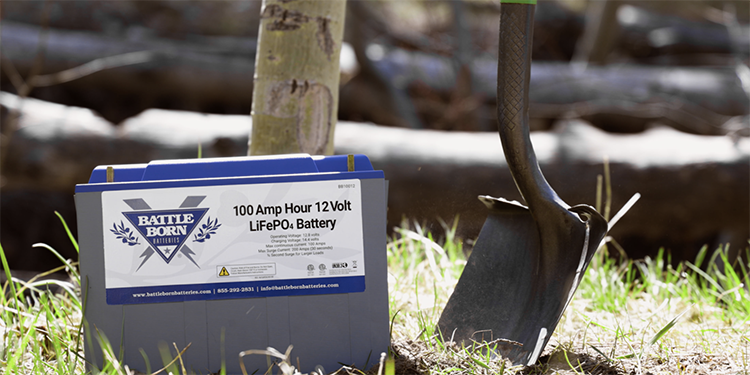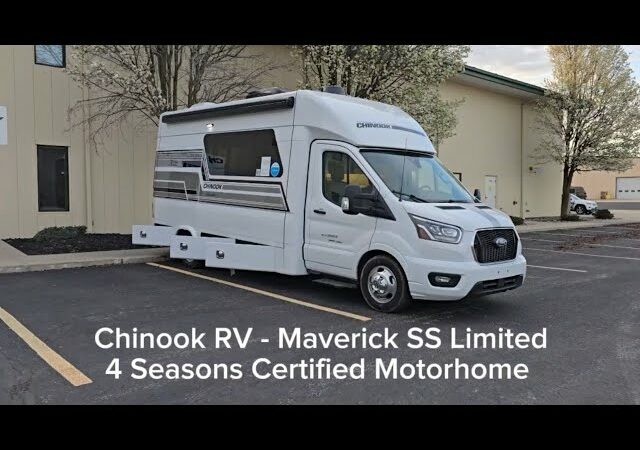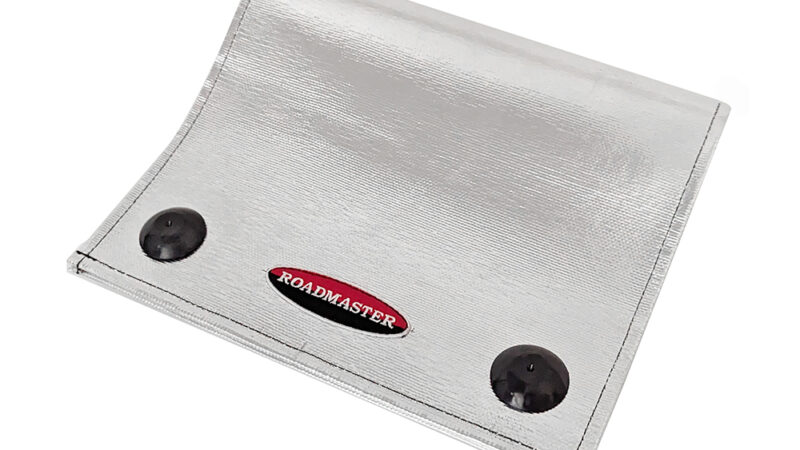Jellystone Park Locations are Becoming Increasingly Green – RVBusiness – Breaking RV Industry News

MILFORD, Ohio – The Yogi Bear-themed parks are increasingly doing their part to protect the environment with water- and energy-saving practices and recycling initiatives as well as educational programs with environmental themes
As the world celebrates Earth Day on April 22, the anniversary of the modern environmental movement, Jellystone Park locations across the U.S. and Canada are increasingly doing their part to protect the environment by investing in water- and energy-saving devices, recycling, and adopting other environmentally friendly practices.
“Many of our locations are using paperless check-in and encouraging guests to use the Jellystone Park app to access the daily activity schedules in order to reduce the usage of paper. Some Jellystone Park locations use recycled materials for their arts and crafts activities,” said Trent Hershenson, vice president of marketing for Camp Jellystone, the Southfield, Michigan-based company that franchises Jellystone Park Camp-Resorts across the U.S. and Canada.
Here’s a sampling of some of the green initiatives underway at Jellystone Park locations:
California
Lodi: This location has a 1.6-acre solar field that provides power for the park. LED lights have also been installed throughout the location as well as motion-activated lights in public buildings.
Indiana
Fremont: This location is saving electricity and water after installing auto-shutoff lights in all of its comfort stations as well as push-button showers. Water saving devices have also been installed at each campsite.
Maine
North Monmouth: This location has updated its bathrooms with eco-friendly soap dispensers and hand dryers.
Maryland
Williamsport: Energy-saving light bulbs have been installed throughout this location. Recycling bins have also been placed at the main buildings and attractions. Also, flyers are posted in each cabin to encourage guests to turn off the lights and air-conditioning when they are not in the unit.
Michigan
Frankenmuth: This location has installed electric vehicle charging facilities.
Petoskey: This location has installed 83 new solar lights that illuminate sidewalks and roadways. Automatic timers have also been installed in bathrooms and showers.
Missouri
Eureka: This location has replaced most of its lights with eco-friendly lights. Signage has also been installed inside cabins requesting guests to turn off the lights and air-conditioning systems when they’re not in their units.
New York
Gardiner: Energy-saving light bulbs have been installed throughout this location. Recycling bins have also been placed at the main buildings and attractions. Also, flyers are posted in each cabin encouraging guests to turn off the lights and air-conditioning when they are not in the unit.
Jamestown: This location has installed four EV charging stations.
Mexico: This location has placed recycling bins throughout the campground. Motion-activated lights and faucets have also been installed.
North Java: When guests check in at this location they are given blue bags so they can recycle their bottles and cans throughout their stay. The park collects the bags when guests depart and recycles their bottles and cans, donating the proceeds it collects to local charities.
North Carolina
Bostic: This location’s lighting on most buildings is connected to motion sensors to save electricity. Water conservation devices have also been installed at each campsite.
Oklahoma
Eufaula: This location offers paperless check-in.
Pennsylvania
Harrisville: This location is a three-time winner of Outdoor Hospitality Industry’s Plan-it-Green Award, which recognizes exceptional water, energy and recycling initiatives in campgrounds and RV parks. This location has invested in motion-activated faucets and lights, high-efficiency toilets, tankless water heaters, and a paperless reservation system. Also, the park’s walkways are made of all natural materials. Even its laser tag battlefield is made entirely of recycled or repurposed materials, including recycled tires, recycled building materials, and recycled playground equipment. This location also has a “Leave No Trace” junior ranger program.
Quarryville: Energy-saving light bulbs have been installed throughout this location. Recycling bins have also been placed at the main buildings and attractions. Flyers are also posted in each cabin to encourage guests to turn off the lights when they are not in the unit.
Texas
Canyon Lake: This location offers online check-in and online activity schedules through the Jellystone Park app to reduce paper waste.
Waller: This location has solar panels that generate electricity to power the park’s Ranger Station (camp store), its registration building, and its arcade as well as its Pic-A-Nic basket dining area. The park also offers paperless check-in.
Virginia
Luray: Energy-saving light bulbs have been installed throughout this location. Recycling bins have also been placed at the main buildings and attractions. Also, flyers are posted in each cabin to encourage guests to turn off the lights when they are not in the unit.
Wisconsin
Caledonia: This location has planted numerous native trees in recent years, including oaks, maples, cedars and pines, and the owners plan to plant an additional 2,000 trees over the next few years.
Warrens: This location offers paperless check-in to reduce paper waste.
Wisconsin Dells: This location has reduced paper waste by using scan codes for menus, maps, and all literature in the park. The park has also completed the replacement of all LED lights in all 100 buildings and all exterior lighting of its water play areas, pools, and recreation areas.






